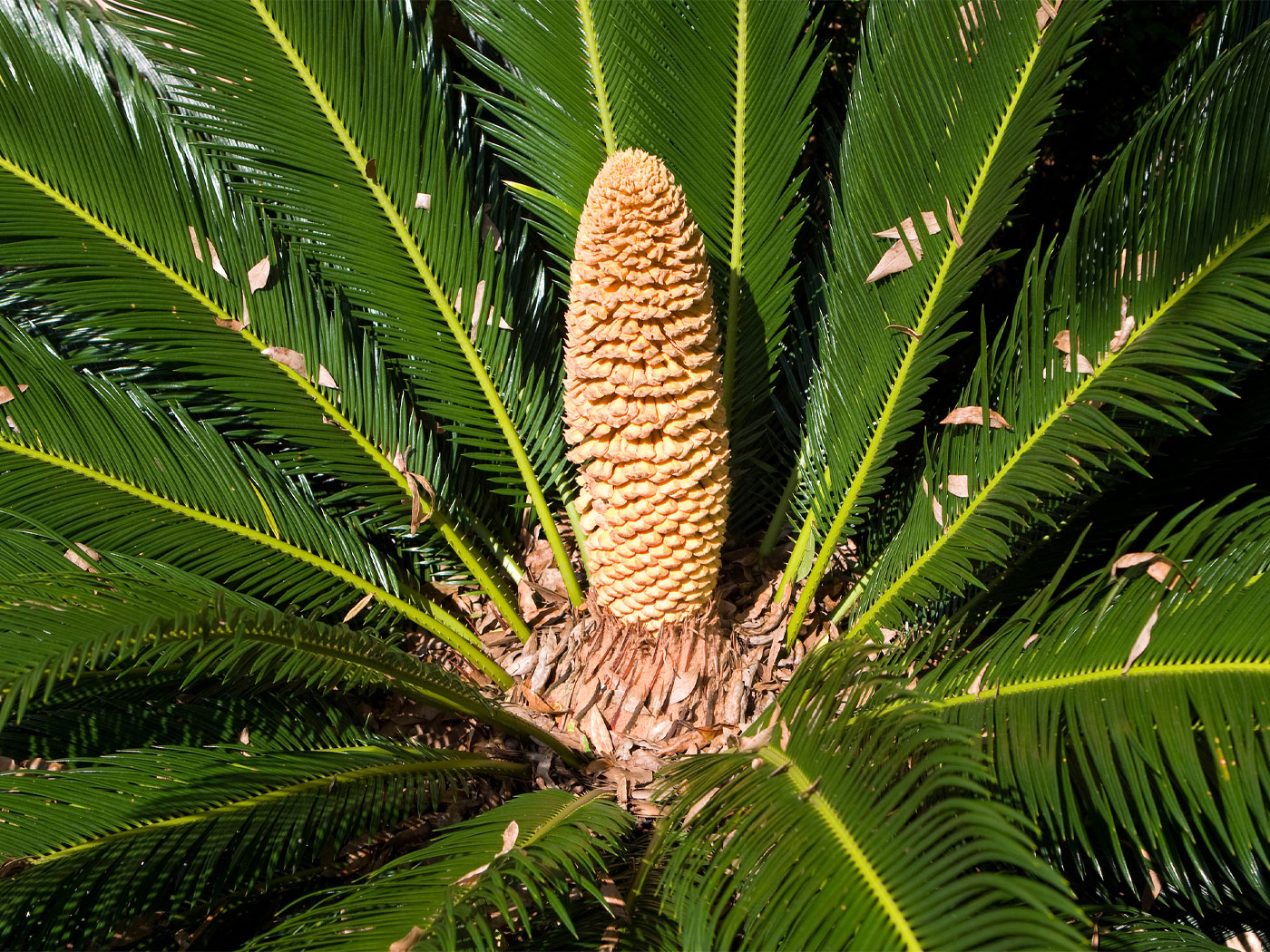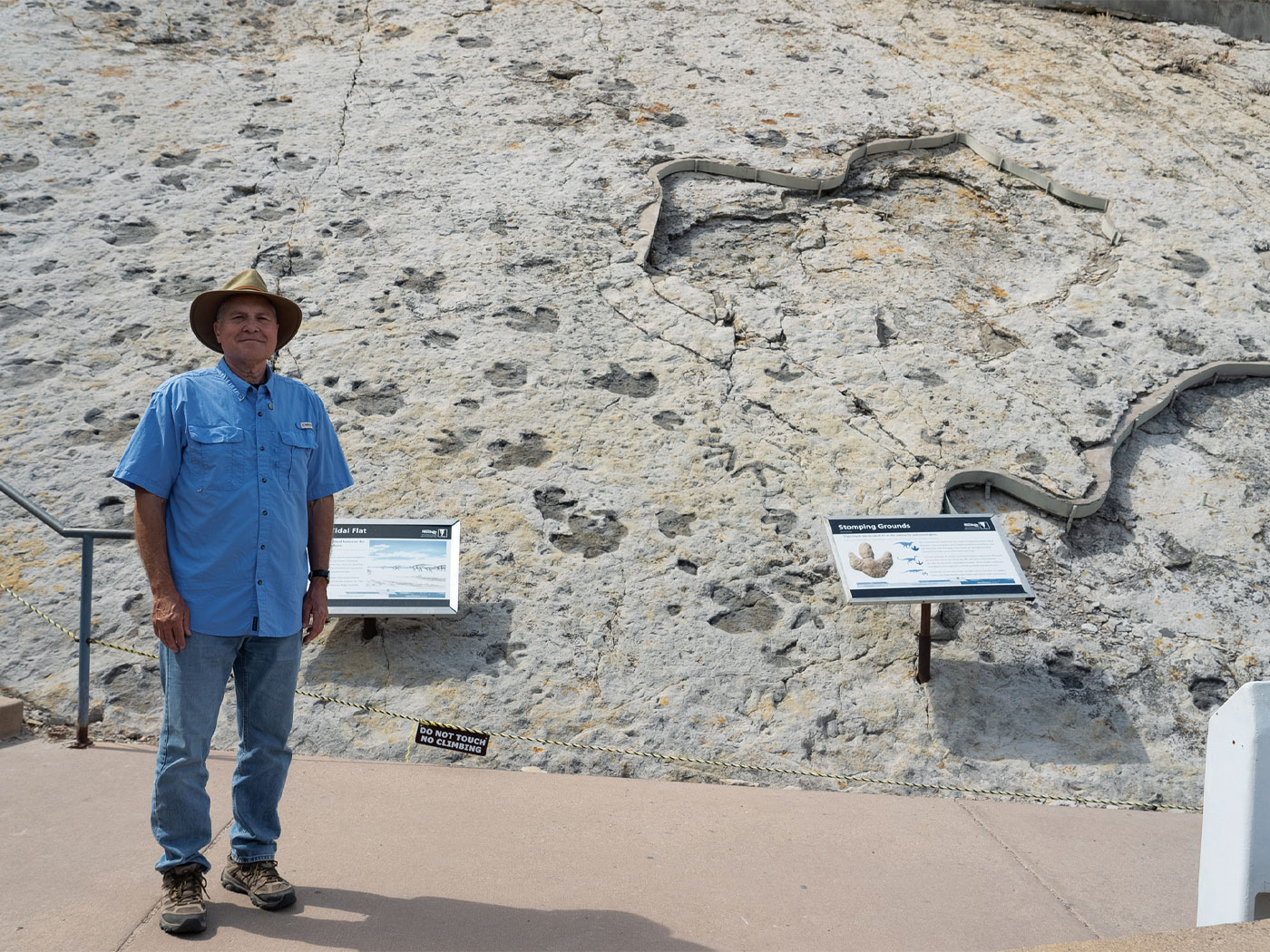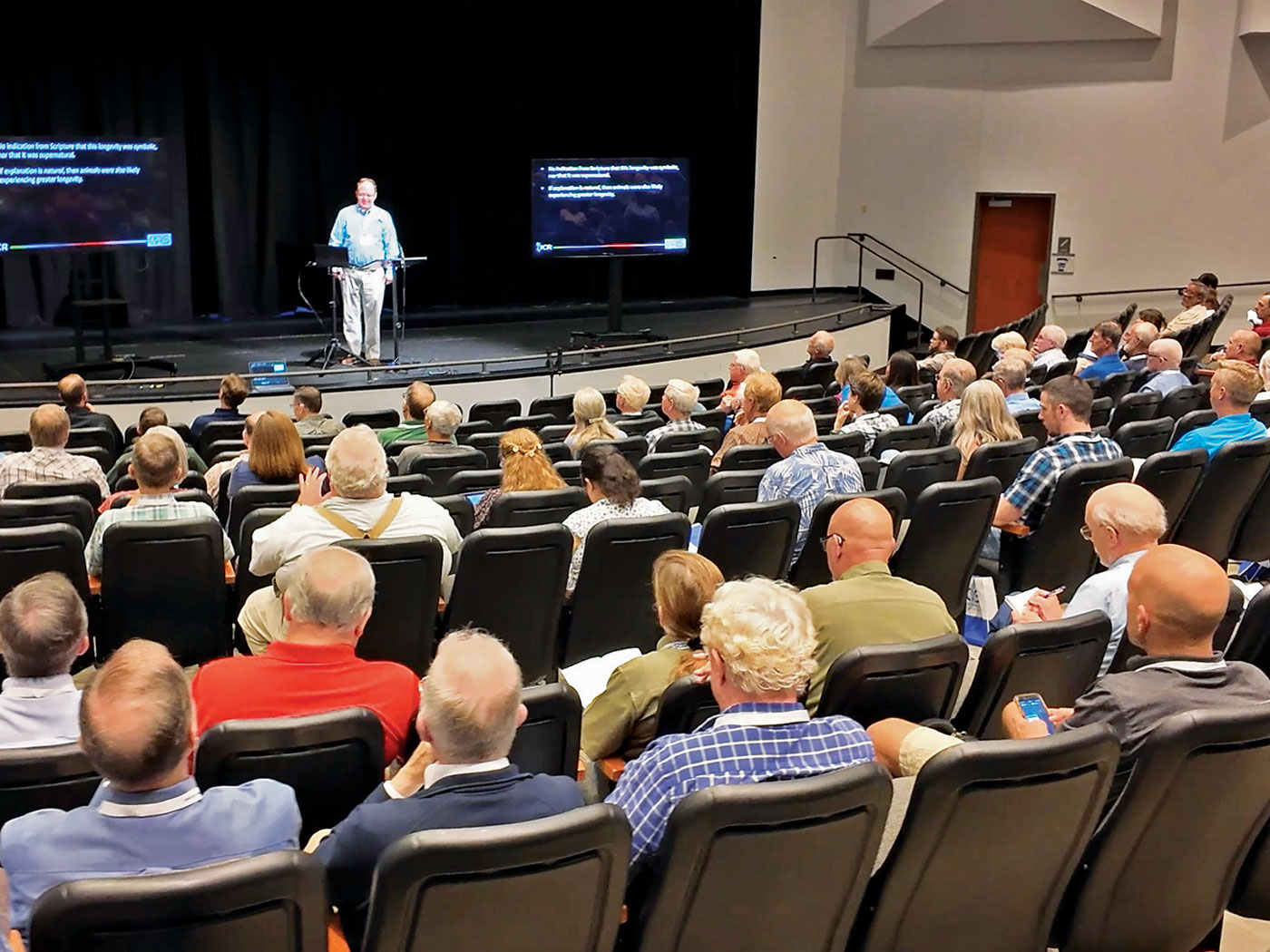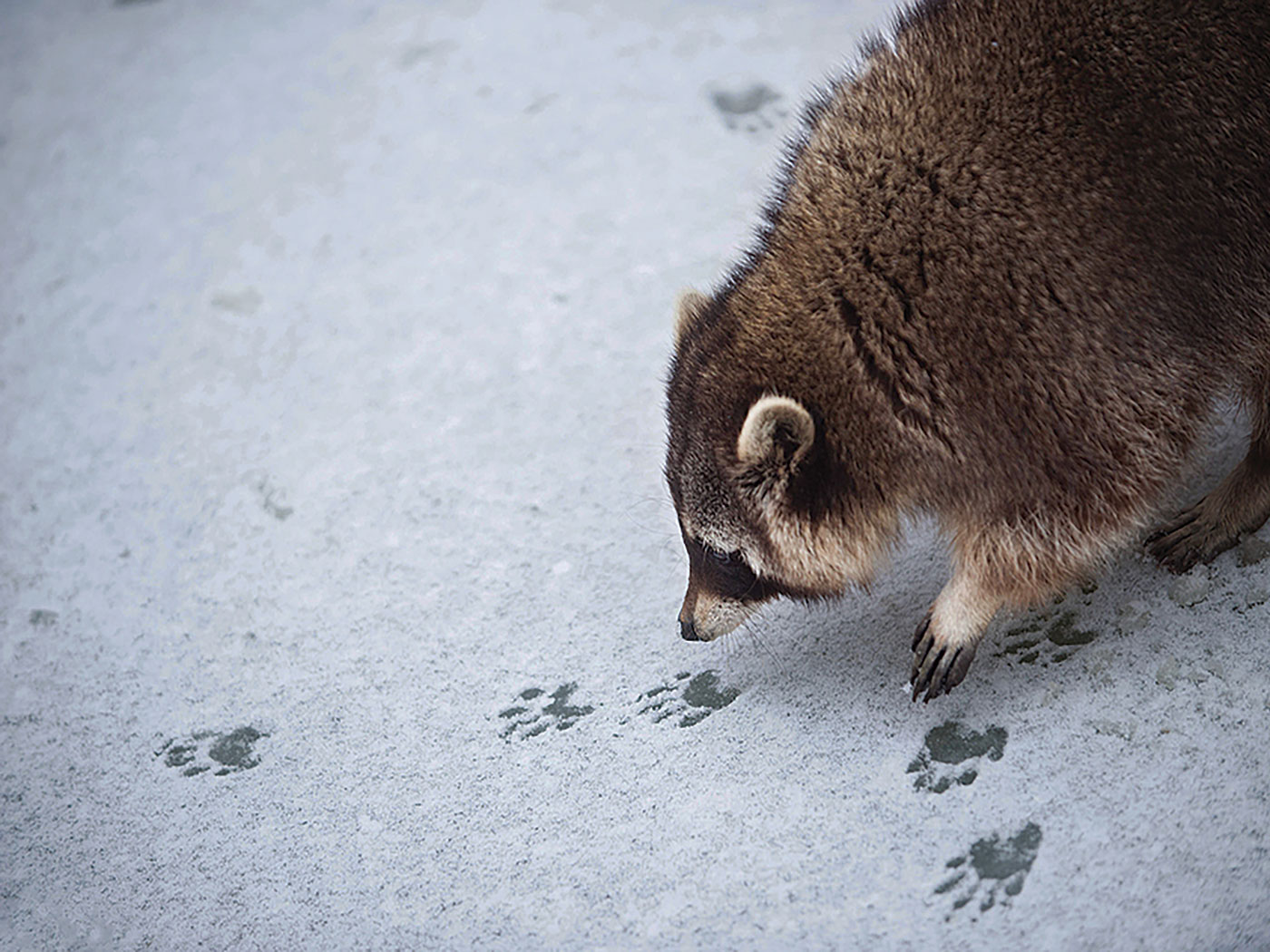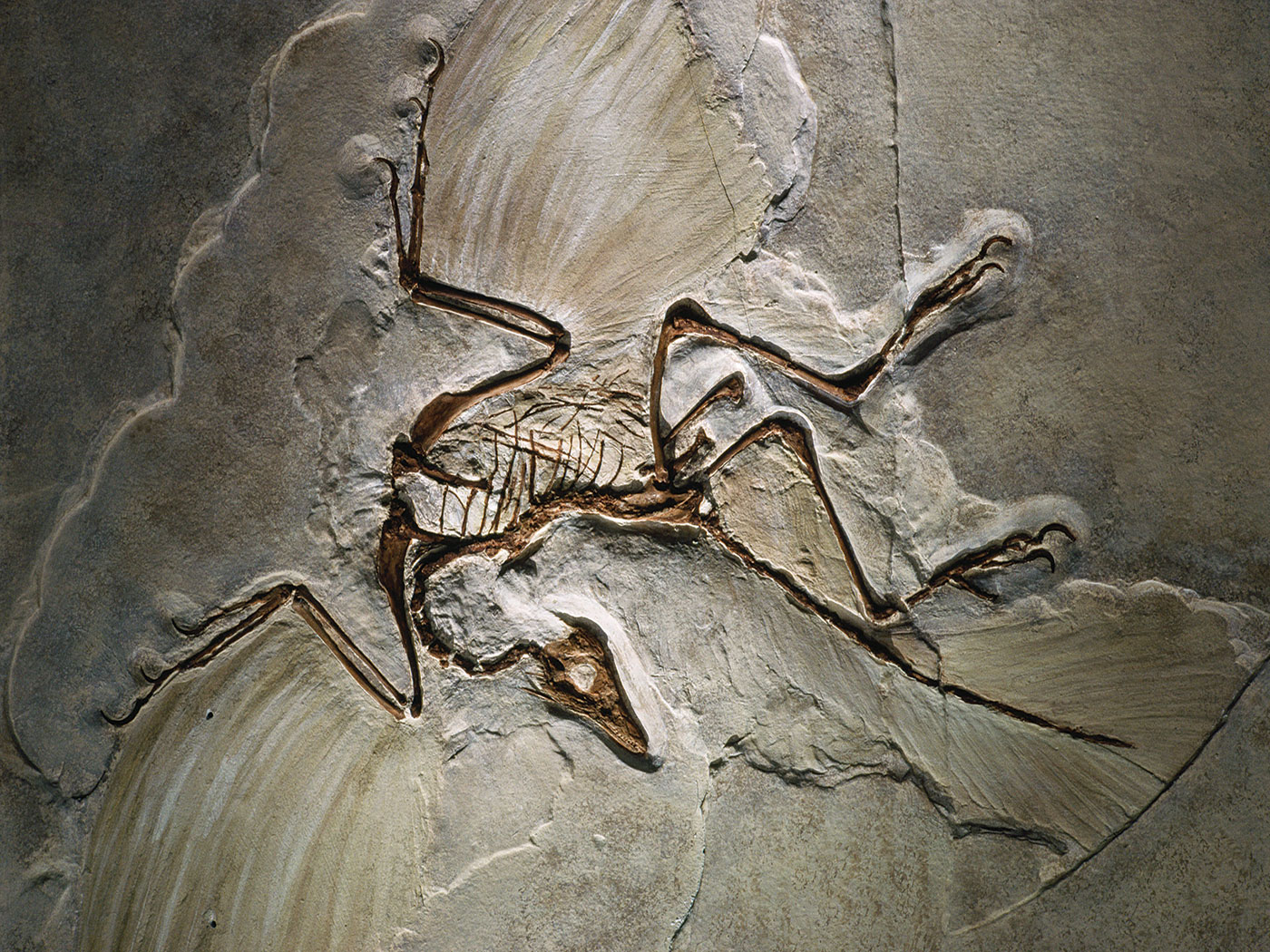Animal migrations occur all over the earth among many types of creatures, with some winged creatures (birds and insects) making the most extreme and lengthy ones. Among insects, the globe skimmer dragonfly (Pantala flavescens) is exceptional—being able to fly up to 3,730 miles across the open ocean. Scientists are finally beginning to unravel the required specificity behind the anatomical, behavioral, and metabolic complexity that enable this amazing feat.1
Strong evidence has implied the extreme migration of the globe skimmer dragonfly across the daunting ocean expanse between the Maldives off the coast of India to East Africa. However, the small size of the creature (which is only about 1.77 inches long with a wingspan of just a little over 3 inches) seemed to present problems at first due to the inherent limitations of the insect’s ability to store enough energy reserves. In other words, its gas tank did not appear big enough to hold the fuel needed to make the long journey.
In this new study, a group of researchers first derived a baseline by determining the insect’s specific metabolic characteristics. Then they calculated how long it could stay airborne using the maximum energy stored in its body, such as fat reserves.1 And because other flying creatures like birds depend heavily on wind patterns, they also calculated weather models to see if available seasonal wind patterns in the migration route could facilitate the open ocean flight in both directions.
The scientists discovered a flight model that would allow successful open ocean migration—one that combined active wing flapping with gliding and took advantage of seasonal wind patterns. In fact, there was a strong behavioral requirement for the dragonfly to select favorable wind patterns. The researchers also discovered that the specialized metabolism and physiological endurance of the dragonfly also played a key role in the migration, making it all possible.
Extreme creature traits, like this daunting open ocean migration of thousands of miles, boggle the human mind and utterly defy evolutionary interpretations regarding the dragonfly’s origins. How could random chance mythical processes result in the perfect combination of anatomy, physiology, and behavioral adaptations needed for this creature to succeed in this amazing endeavor? The only logical inference we can make is that this incredible engineering was built into these dragon flies by an omnipotent Creator, the Lord Jesus Christ.
Reference
1. Hedlund, J. et al. Unraveling the World’s Longest Non-stop Migration: The Indian Ocean Crossing of the Globe Skimmer Dragonfly. Frontiers in Ecology and Evolution. 2021 (9): 525. DOI: 10.3389/fevo.2021.698128.
* Dr. Tomkins is Director of Research at the Institute for Creation Research and earned his Ph.D. in genetics from Clemson University.
Open Ocean Dragonfly Migration Boggles the Mind
The Latest
Pterosaur Herbivory
The fascinating flying reptiles called pterosaurs are in the news again.1 In a not-so-surprising development, paleontologists have discovered...
January 2026 ICR Wallpaper
"But those who wait on the LORD Shall renew their strength; They shall mount up with wings like eagles, They shall...
Infrared Radiation and Pollination Reflects Recent Creation
by Jeffrey P. Tomkins, Ph.D., and Frank Sherwin, D.Sc. (Hon.)*
The fascinating pollination of plants has been complex from the beginning of creation....
Did Scientists Find "6 Million-Year-Old Ice" in Antarctica?
by Jake Hebert, Ph.D., and Frank Sherwin, D.Sc. (Hon.)*
A small portion of surface ice in Antarctica is called blue-ice areas (BIAs), and for good...
Dinosaur Ridge: Last Stand of the Dinosaurs
Paleontologists have ranked Dinosaur Ridge as the top dinosaur track site in North America.1 Run by the nonprofit group Friends of Dinosaur...
An Incredible Year of Advancement! 2025 Year in Review
Dr. Guliuzza at chapel in Corban University, Salem, Oregon
The Institute for Creation Research had another incredible year advancing creation...
Creation Kids: Seasons
Hi, kids! We created a special Acts & Facts just for you! Have fun doing the activities while learning about the wonderful world God...
Why Is Natural Selection an Illusion?
Consider the following scenario. A population of organisms, let’s say racoons, lives in an environment somewhere on Earth and eats a variety...
Did Fossil Birds Live Longer than Today's Birds?
The Bible matter-of-factly states that humans living before and shortly after the Genesis Flood had centuries-long lifespans (Genesis 5 and 11). Yet...
Longevity Before the Flood
When gazing through a telescope, we see beauty so vast even the most powerful optics can’t see how far it spans. Trillions of stars are arranged...






